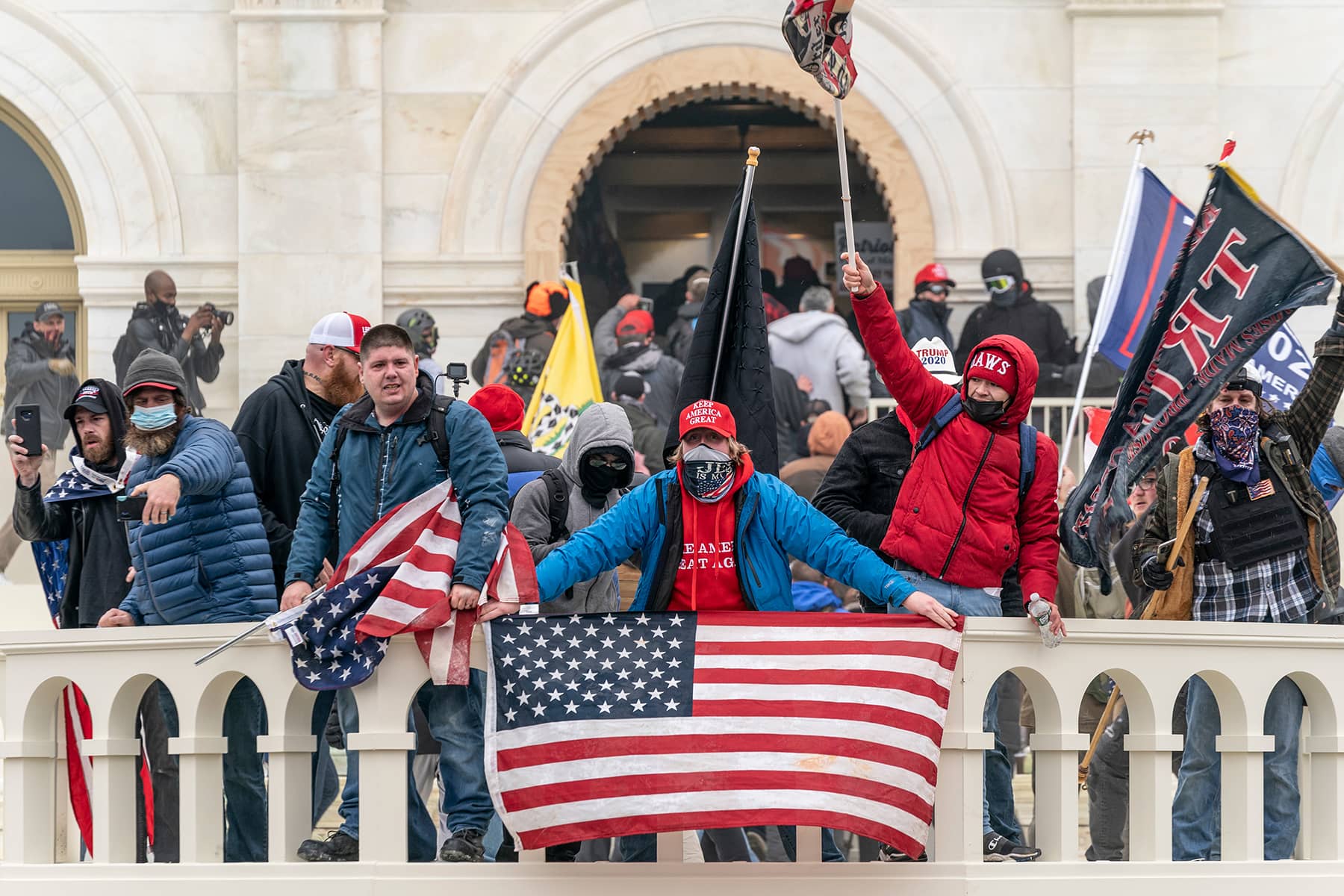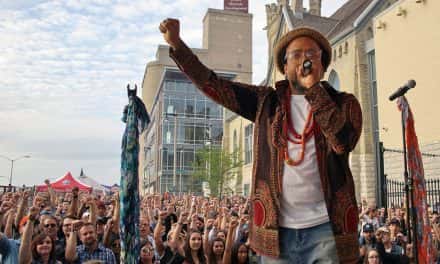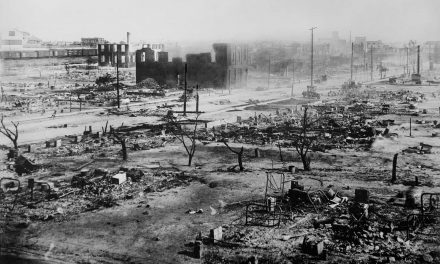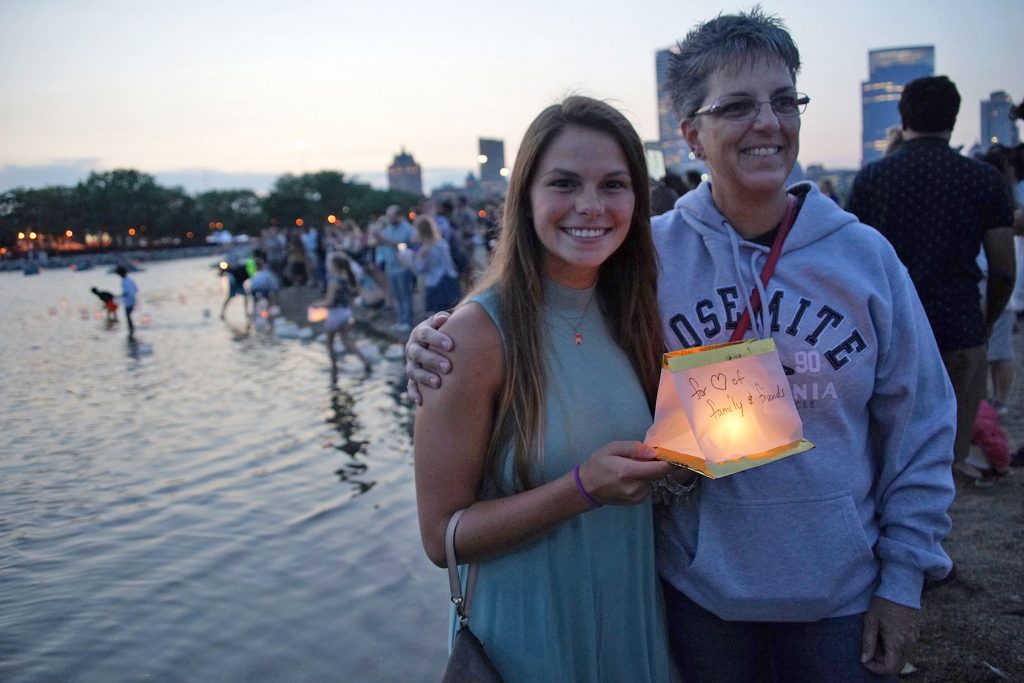
January 6th has become a date that is seared into the American consciousness. Depending on a variety of factors, including personal political beliefs, today represents significantly different things to different people.
To some people, today marks the 2nd anniversary of an insurrection that attempted to overturn a legal and democratic election. For others, today may represent the 2nd anniversary of taking action against a corrupted system and an unjust election. And yet for many others, today may just be another day. The irony is, most people can agree that they are feeling overwhelmed and anxious about the world.
My 17-year-old daughter posed a pronouncement to me that made me pause. It was New Year’s Eve and our family was reflecting on the past year. She stated that she was “excited for 2023 and felt no regrets about 2022!” That was not to say she had a completely easy time during the past year, but that she was determined to move forward in her life.
She then asked me, “Dad, do you have any regrets?” I looked into her eyes and immediately stated, “I have a lot of regrets!” I then went on to explain to her how I genuinely feel so grateful on how life has turned out for us, and that we were blessed to have such a beautiful family. But I am filled with regret at the same time.
Then I let her know this was normal and perfectly fine. In fact, I went on to explain how much I cherish my regret, and that it informs me every day to be a better man – and father to both her and her brothers. I explained that my regret honors those who I have hurt, who have hurt me, that I have taken for granted.
It is for these reasons that I wonder why so many of us are unwilling to acknowledge the healthy honesty of regret. In this case, the regret that we should feel from the harm of the January 6th insurrection.
For some people, it may be the siege that took place is not yet over. The threat of the “Big Lie,” or distrust of each other or of the government still looms large in the hearts of many Americans. That day, on January 6 when Donald Trump encouraged his followers to “fight like hell,” many so called patriots came to understand that incitement as a now or never moment for the soul of our country.
As misguided as this may have been, people had invested in a relationship that would never offer them the same level of reciprocal honesty and intimacy in return. They were bound by their emotional investment in a political money pit.
It is not so different than many of us who commit to disproportionate relationships of love, care, and consideration. If we have lived long enough, been employed with different agencies, or even donated to a political campaign or agenda, then we may have also felt the sting of being invested in a promise that never came into fruition.
This type of betrayal is often difficult to recognize but once we have, the feelings that surround betrayal are very hard to process. Therefore, we deny, minimize, rationalize, even recommit to the disproportionate commitment in which we give more then we receive.
However, what if we just accepted and allowed ourselves to feel regret? Regret that we spent so much valuable time neglecting ourselves, our families, and our friends, only to be glued to Social Media, fueling ourselves with what we want to hear, rather than what we need to hear?
On July 12, 2022 a congressional select committee held a hearing that looked into the role that Q-Anon, Proud Boys, Oath Keepers, and other conspiracy theorists had on the January 6th siege on the nation’s Capital. It found that in the month before, Trump’s White House was becoming more unhinged.
By the time of the attack on January 6, 2020, extreme paranoia had transformed into calls for action to “stop the steal.” Americans from around the country, who were misguided in their idea of patriotism, had traveled to DC.
If we were to remove some of the particulars, the mechanics of their motivations sound a lot like an unhealthy romantic relationship, one that always goes terribly wrong. It mimics a disproportionate relationship in which someone invests time in another who will only use them to fulfill their needs. If this was a romantic relationship gone wrong rather than a political one, would people be better able to understand the situation?
Would regret be a healthy emotion? And if it was, would we be able to move forward together, learning from our mistakes and hopefully not repeating them?
In my career, I have worked with many families who have been devastated by conspiracy theories, political ideologies, and dangerous extremism. Their households were torn apart. Sometimes, when a person’s mind is taken over by an emotional love for someone or something, no matter how irrational, they can lose track of a healthy reality.
Then trust becomes an illusion of agreement based on their deepest fears. Anxieties gets manipulated. Relief is sought in those who agree with them. They become vulnerable to an advantageous savior-like messiah figures who provides unfulfilled covenants of a better existence.
Comfort is motivated by the depth of an subconscious bias based on nationally, race, religion, politics, sexuality, and likeness. This special kind of manipulation takes away time and energy from all the things that should matter. Things like a child, mother, father, and maybe even friends. A self-fulfilling loneliness.
The distance between family then only serves to push these people into the hands of their new lover, political extremism in this case. However, these ideologies do not really offer love either, but because love has become so foreign, desperate people mistake affiliation for love.
Therefore, American regret is both healthy and the path forward. It will allow families and friendships to heal. Real conversations between sons who could ask their fathers, “Why did you spend so much time online with Q-anon believers? Why did you believe them over me?”
Friends can honestly reflect that their relationships were not strong enough to stand up to the bombardment of siloed media personalities exposing their deepest fears. We could have heart-to-hearts on an America which has been advertised as the land of the free and home of the brave, when the reality is our society encourages each one of us to live in a prison of our own making, kept company by the overwhelming feelings of worry, paranoia and anxiety. Maybe then we could really understand how similar we are and truly move forward together.
My daughter asked me, “Dad, what do you regret the most?” I told her that “I regret not caring for people and sometimes caring too much, decisions I made, and people I have lost throughout the years.”
We can be accountable and heal at the same time, but we cannot go back in time and change our actions nor our inactions. If we do not regret with humility, we will repeat with certainty. January 6th taught us an important lesson and made me recommit to the promise of our democracy.
The past has shaped our country and it continues to do so. We must not deny the past and the pain that currently exists because of it. We must learn from it and have the courage to grow. In this growth, we are good to be reflective, remorseful, and regretful.
© Photo
Lev Radin














